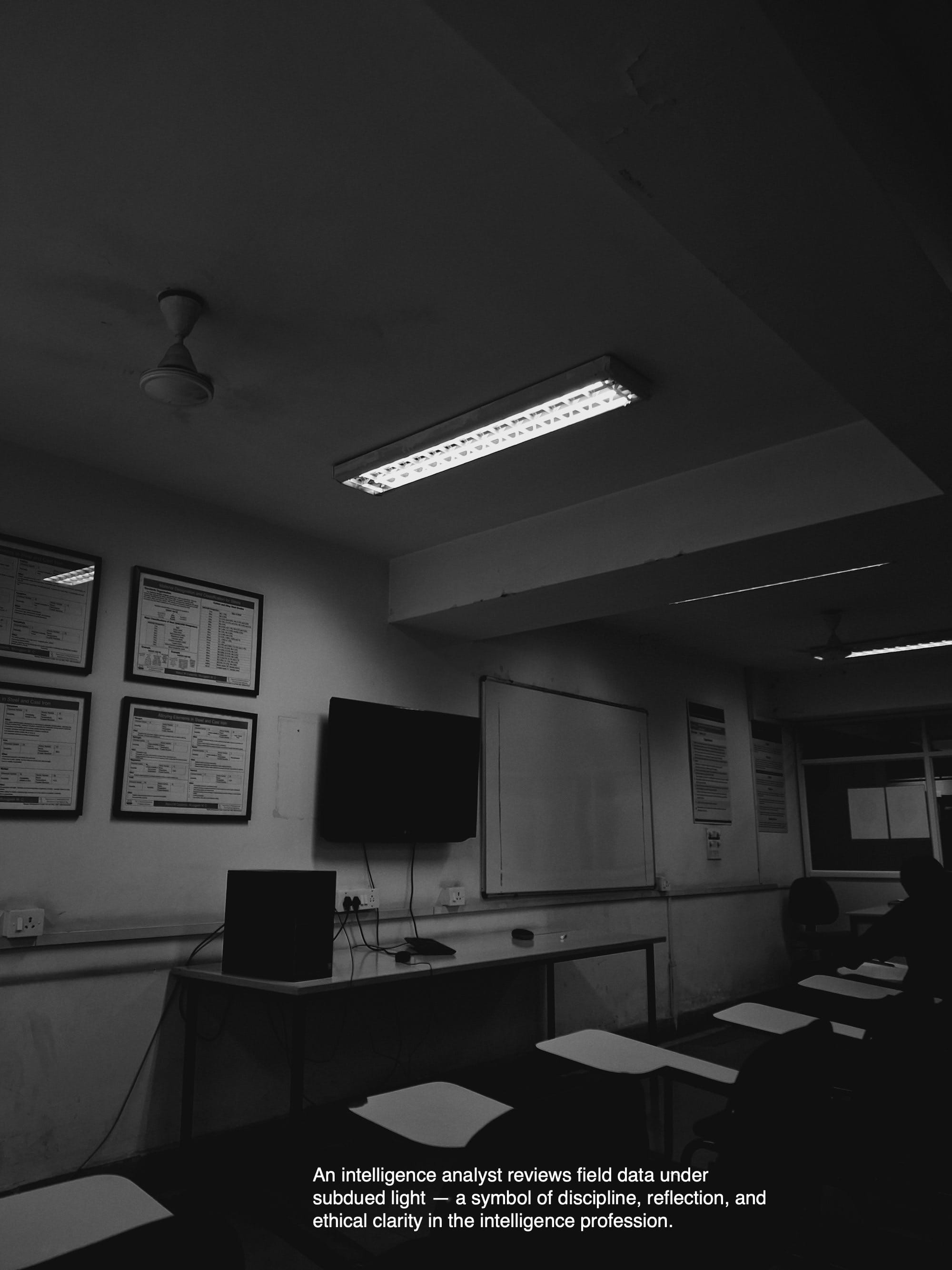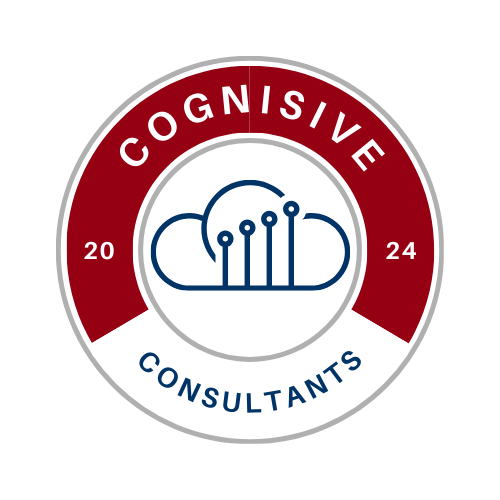Between Banners and Shadows: Lessons from The Black Banners for Sri Lanka’s Intelligence Future

Originally published in The Sunday Times (Sri Lanka). Republished here with permission as part of the Insights by Cognisive Consultants initiative on leadership, intelligence, and behavioral science.
By Alfie Ameer
Executive Summary
In the aftermath of the Easter Sunday attacks and amid continuing regional volatility, Sri Lanka stands at a crossroads in defining the future of its intelligence community.
Drawing lessons from Ali Soufan’s The Black Banners, this paper argues that intelligence reform must move beyond reactive counter-terrorism toward a culture grounded in ethics, professionalism, and trust.
A sustainable system cannot rely on coercion and fear; it must rest on behavioral understanding, inter-agency coordination, and accountable leadership — principles that Soufan embodied when confronting extremism from within the moral boundaries of law.
Background
Soufan’s The Black Banners offers a rare, firsthand look at the moral and operational struggles within the U.S. intelligence apparatus after 9/11. His refusal to condone torture and his insistence on lawful interrogation highlight a model of intelligence built on principle rather than expediency.
Sri Lanka, too, faces a defining moment. After decades of internal conflict, its agencies must choose between remaining reactive instruments of control or evolving into reflective, professional bodies aligned with democratic governance.
Analytical Findings
1. Intelligence Without Trust Breeds Decay
Soufan’s work shows that intelligence built on fear collapses under its own weight. In Sri Lanka, politicization and rivalry between the SIS, MIC, STF, and Police Intelligence erode coordination and analytical quality.
Reform begins with rebuilding horizontal trust between agencies and vertical integrity within command structures.
2. Ethics Is a Strategic Advantage
Soufan’s moral compass was not weakness — it was operational clarity. Sri Lanka must institutionalize ethics as a core competency, not an afterthought.
Abuses in surveillance or interrogation alienate communities and compromise legitimacy. Sustainable intelligence depends on professionalism rooted in lawful conduct and internal discipline.
3. Fragmentation Dilutes Capability
Parallel commands without unified analysis create duplication and distrust.
An integrated National Intelligence Coordination Secretariat (NICS) could serve as a neutral analytical hub — synthesizing field intelligence into policy insights while preserving agency autonomy.
4. Recruitment and Training Define Reform
Soufan’s grounding in psychology and language skills outperformed brute tactics.
Sri Lanka’s future officers should be selected for analytical temperament, not political loyalty. Training must emphasize behavioral science, negotiation, and OSINT.
Competitive remuneration and career-path recognition will attract professionals who view intelligence as a vocation, not an assignment.
Implications for Sri Lanka
Reform demands a cultural shift — from secrecy for control to confidentiality for coordination.
Without ethical coherence, intelligence becomes an instrument of convenience rather than a pillar of statecraft.
Soufan’s example proves that moral clarity amplifies operational strength. The same lesson applies here: lasting security is built on understanding, not intimidation.
Key Recommendations
- Establish a National Intelligence Coordination Secretariat (NICS) to harmonize analysis across agencies.
- Adopt a National Code of Intelligence Ethics covering lawful operations, privacy, and human-rights compliance.
- Redefine recruitment pipelines — favor behavioral aptitude and psychological literacy over patronage.
- Launch inter-agency training programs with international liaison frameworks (e.g., MI5–FBI).
- Protect officers from political interference through statutory independence and budget transparency.
Conclusion
If Sri Lanka’s intelligence community is to evolve beyond reactive counter-terrorism, it must internalize what Soufan demonstrated: restraint, ethics, and intellect are the true measures of strength.
The future lies between banners and shadows — in disciplined integrity, analytical humility, and calm authority.
About the Author
Alfie Ameer is the Founder & CEO of Vonfidel Group and Chair of VONFIDEL K9 and Vonfidel Ranch. He writes on intelligence reform, behavioral science, and leadership psychology. His work bridges field experience with institutional analysis, advancing ethical intelligence and national resilience through Cognisive Insights.
Published by Cognisive Insights
The analytical publication arm of Cognisive Consultants, exploring leadership psychology, intelligence reform, and behavioral science.

